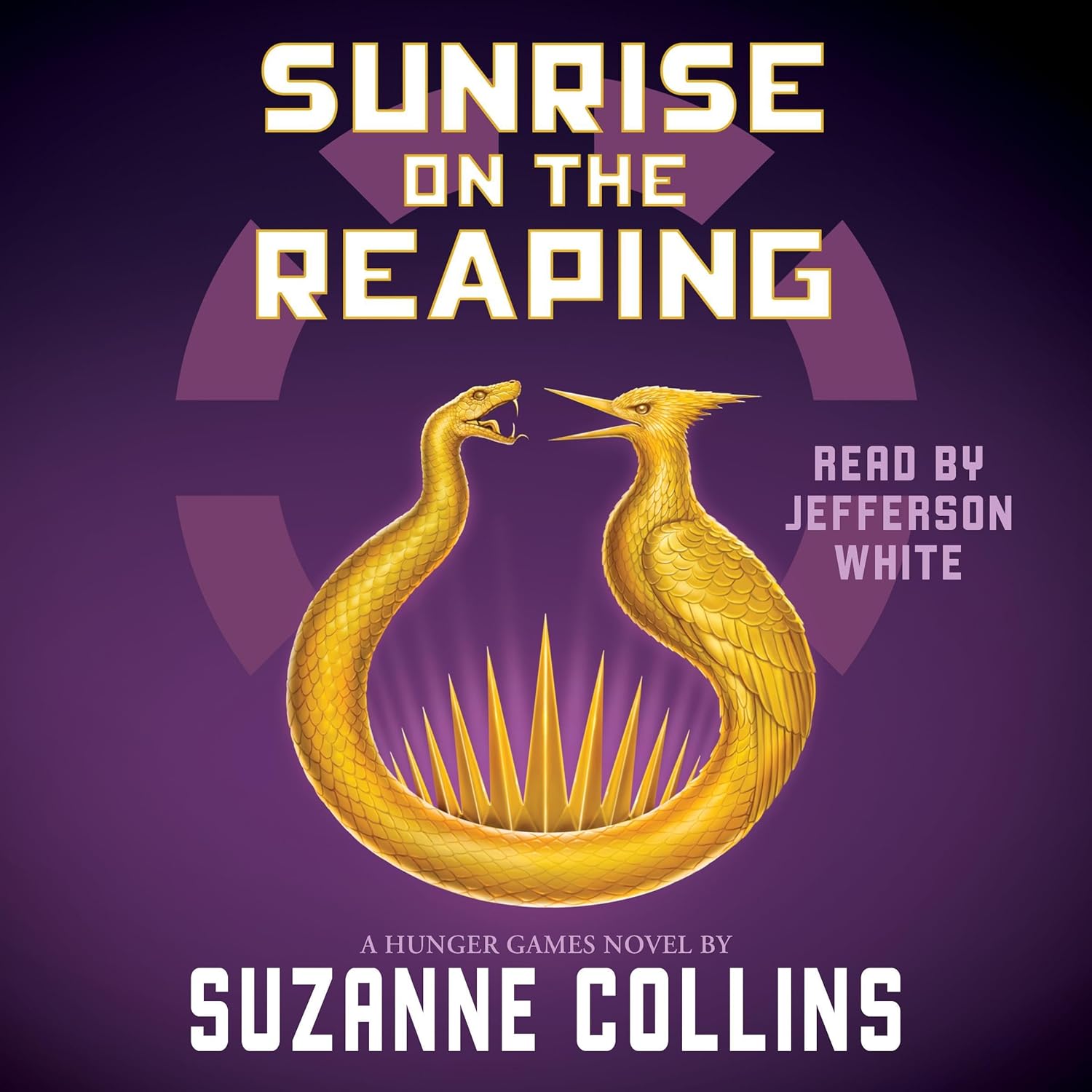[toc]
grief and loss analyzing a haunting passage
Sunrise on the Reaping (A Hunger Games Novel) (The Hunger Games)
Page 498 Review
A Haunting Echo of Loss: A Commentary on Grief and Despair
Edgar Allan Poe’s influence resonates throughout literature, and even in contemporary works we see echoes of his themes and style.
Let’s explore a poignant passage that carries the weight of Poe-esque grief and the struggle against despair.
This passage, imbued with a melancholic atmosphere, invites us to delve into the depths of loss and the human condition.
The Whispered Name and the Unanswered Plea
The passage opens with a desperate whisper: “And the only word there spoken was the whispered word, ‘Lenore?’ This I whispered, and an echo murmured back the word, ‘Lenore!’ Merely this and nothing more.” The repetition of “Lenore” underscores the protagonist’s obsession with the lost love.
The echo symbolizes the emptiness and the lack of response, highlighting the finality of death.
It’s a simple yet powerful depiction of grief.
A Vigil at the Grave: A Desperate Bargain
The following lines depict a heart-wrenching scene: “I lie on her grave and remain there as night falls, dawn breaks, and blackness descends again.
I tell her everything and beg her to return to me, to wait for me, to forgive me for all the ways in which I have failed.” This portrays a vigil kept over a grave.
The cyclical nature of “night falls, dawn breaks, and blackness descends again” emphasizes the relentless and unchanging nature of grief.
The protagonist’s confession and plea for forgiveness suggest a deep sense of guilt and remorse, further compounding the pain of loss.
A Ritual of Desperation and a Plea for Release
The second day brings no solace: “When dawn breaks on the second day, she has not come.
I bury the flint striker, snake and bird, in front of her headstone.
I ask her to free me from my final promise.
I ask her to let me come to her now.
I ask her for a sign.” This section reveals a ritualistic attempt to connect with the deceased.
The burial of symbolic objects – “flint striker, snake and bird” – suggests a desire to break free from the earthly realm and join Lenore.
The protagonist’s plea for release indicates a suicidal ideation born of unbearable grief.
The Raven’s Ominous Pronouncement: ‘Nevermore’
The shift to the raven introduces a new layer of symbolism and dread: “Much I marvelled this ungainly fowl to hear discourse so plainly.
Though its answer little meaning — little relevancy bore; For we cannot help agreeing that no living human being Ever yet was blessed with seeing bird above his chamber door — Bird or beast upon the sculptured bust above his chamber door, With such name as “Nevermore.” But the Raven, sitting lonely on the placid bust, spoke only That one word, as if his soul in that one word he did outpour.”
The appearance of the raven, reminiscent of Poe’s famous poem, immediately evokes a sense of foreboding.
The protagonist’s wonder at the bird’s ability to speak is quickly overshadowed by the chilling message it delivers.
The repetition of “Nevermore” reinforces the idea of eternal separation and the impossibility of reunion.
The phrase suggests finality, a lack of hope, and a perpetual state of grief.
The narrator feeding his lost love another “gumdrop” further delves into themes of madness and obsession.
The gumdrop suggests an attempt to relive or recapture moments of joy and sweetness with Lenore, but this act ultimately emphasizes the impossibility of returning to the past and the narrator’s descent into madness.
Themes and Analysis
This passage explores the themes of grief, loss, guilt, and despair.
The protagonist’s actions and words paint a picture of a man consumed by sorrow and longing for his lost love.
The symbols – the echo, the grave, the buried objects, and the raven – all contribute to the overall atmosphere of melancholy and hopelessness.
The passage invites readers to contemplate the devastating effects of loss and the human struggle to cope with the inevitable pain of death.
In essence, this is a powerful exploration of grief, reminiscent of Edgar Allan Poe’s signature style.
The use of symbolism, repetition, and a haunting atmosphere creates a deeply moving and unforgettable experience for the reader.
Buy full ebook for only $15: https://www.lulu.com/shop/suzanne-collins/sunrise-on-the-reaping-a-hunger-games-novel-the-hunger-games/ebook/product-e7496ww.html?page=1&pageSize=4

